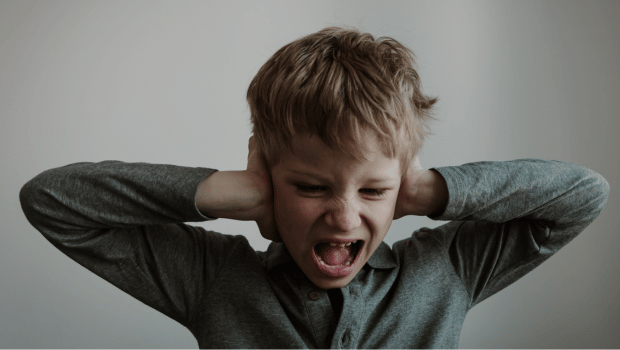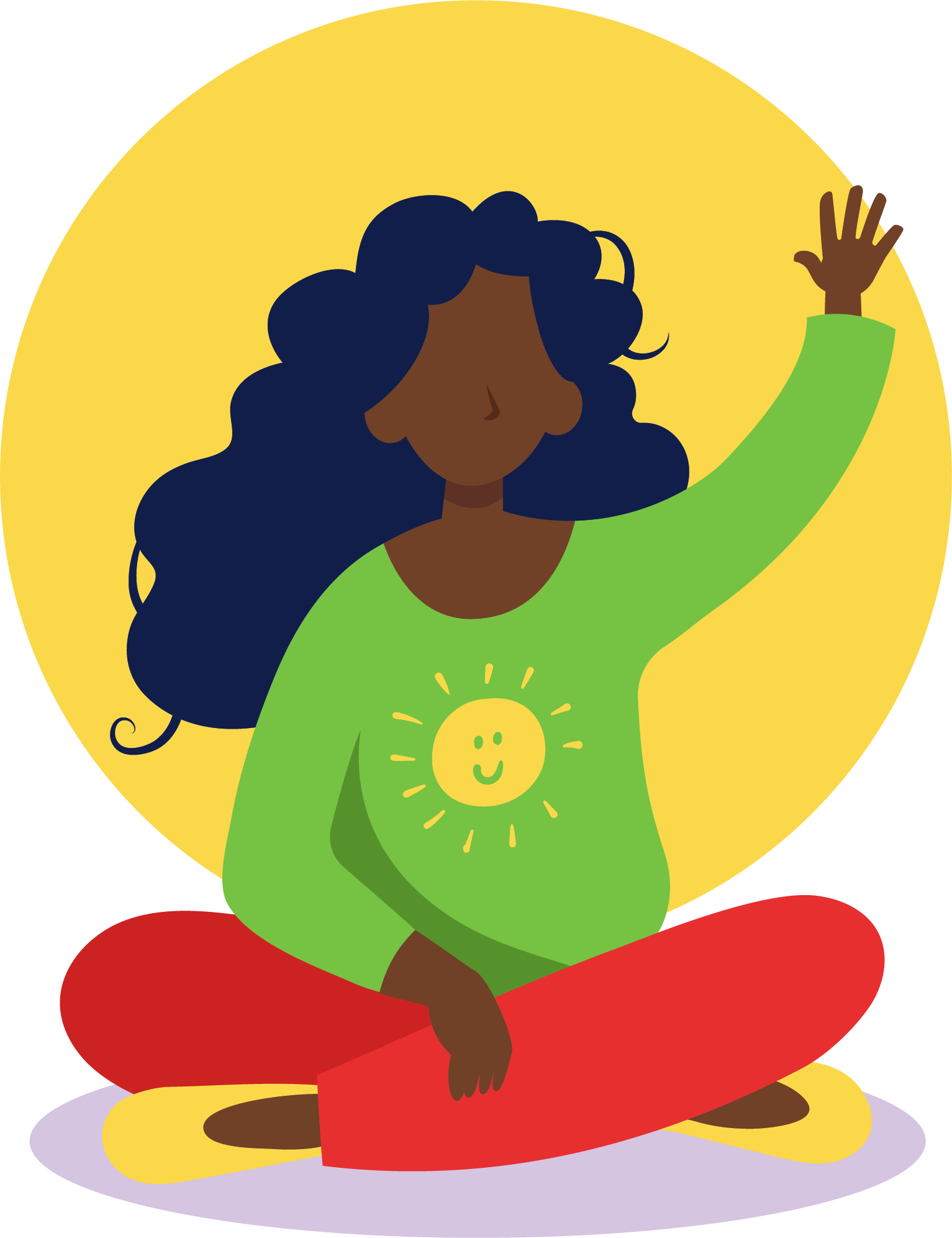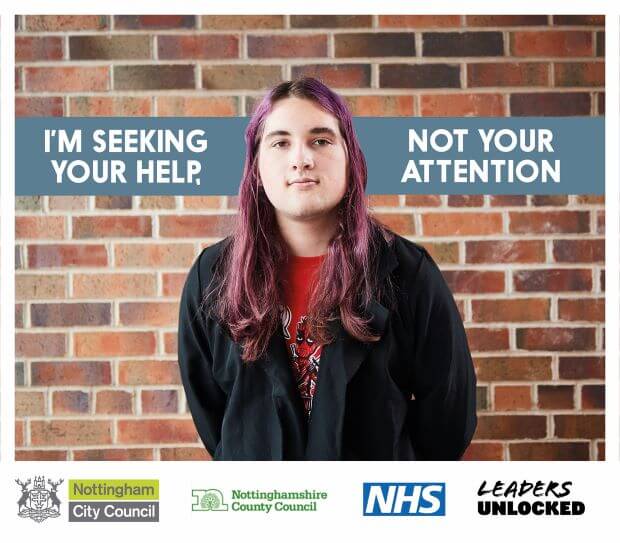Anger is an expression of emotions, it is usually underpinned by an emotion that a child is not able to express because they do not have the words, or because they don’t themselves understand how they feel.
Younger children:
- For young children, anger and aggression can be caused by difficulties at school, in their home life or with friends. Bullying, social pressures and difficulties in the home can all be incredibly stressful for children, causing them to ‘act out’ with explosions of anger.
- Younger children often don’t have the right words to explain their emotions. They may find it difficult talking about how they feel – the anger or aggression is a way of them communicating this.
- Children need to learn how to self-regulate their emotions and calm down and this takes time. Anger and aggressive behaviour can, therefore, be a result of not being able to catch strong emotions before they bubble over.
- Aggression can also be a sign of an unmet special educational need or another complex emotional or mental health issue.
Teenagers:
- The teenage years are a time of huge changes to the brain – for instance, part of the brain – the pre-frontal cortex - undergoes a significant amount of rewiring during adolescence. This part of the brain is responsible for decision-making, social behaviour and personality expression, among other things, so growth here can lead to teenagers acting in unusual ways.
- Rapid development and ‘rewiring’ in the pre-frontal cortex may lag behind the development of the ‘limbic system’ – the part of the brain where chemicals responsible for alertness, pleasure and risk-taking lie. The result may be more impulsive behaviour, angry outbursts and a difficulty in empathising with others.
- An important stage of teenage life is developing a sense of identity. One way of doing this is for teens to challenge and push the boundaries and rules they have worked to previously as children.
- Difficulties at school, home or with friends can also lead to angry or aggressive behaviour – children who are being bullied or feel stressed may lash out at those closest – often parents. Teens may not know how to communicate these feelings in a more measured approach.
When should you seek help for a young person’s anger?
An important consideration is whether or not the behaviour leads to a significant impact on the young person’s life; be it at home, at school, with friends or with after-school activities.
You should seek help from others if the young person shows:
- Risky behaviours and activities that pose a danger to them or others
- Violent behaviours such as fighting, carrying knives or planning attacks
- Behaviours that are out of the norm or different for the child – this may include becoming socially withdrawn, teary, not enjoying activities they used to or not enjoying life
- Getting involved in illegal activities such as stealing, alcohol or drug taking
- Concerns raised by adults at home and at school, for instance, fighting, not engaging in class, not doing homework or non-attendance
- Refusing to comply with reasonable requests or boundaries.
Emotion Coaching is a strategy that can help
In psychology, we often talk to parents/carers and professionals about how to use an Emotion Coaching approach to help children manage their difficult feelings. You can find out more about emotion coaching here:
These useful videos also help you to understand emotion coaching as a strategy:









You Are #NOTTALONE
Follow us online and continue the conversation